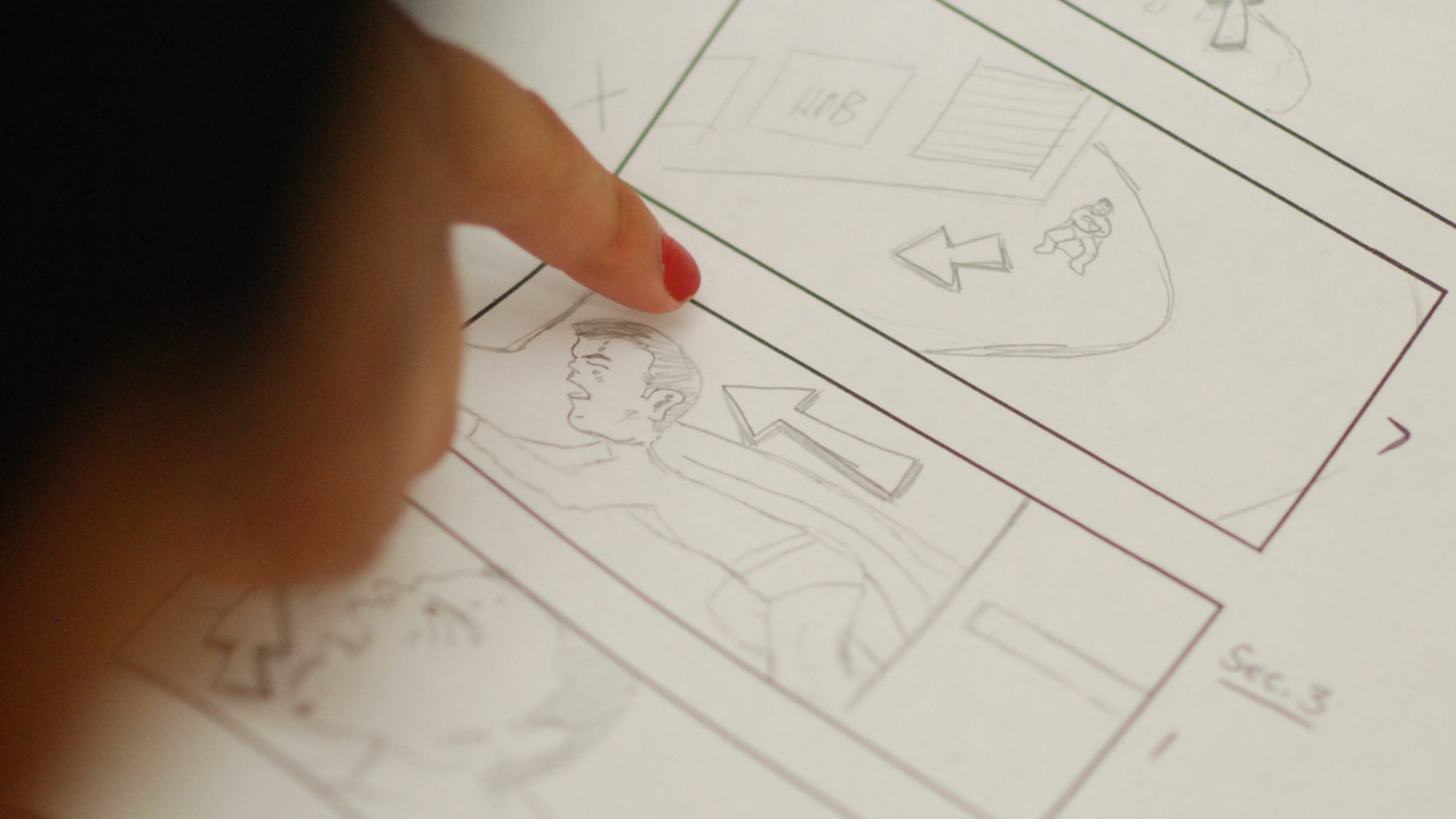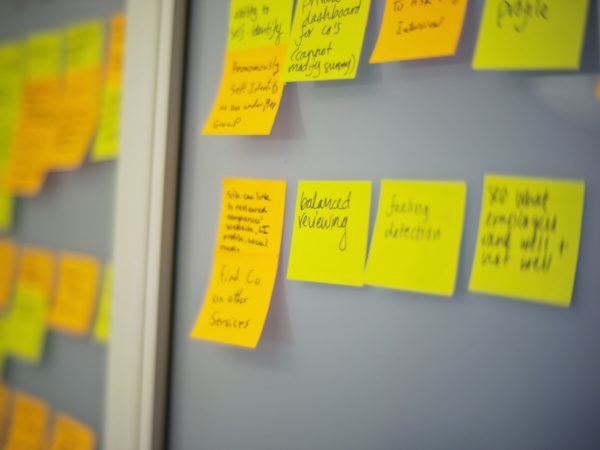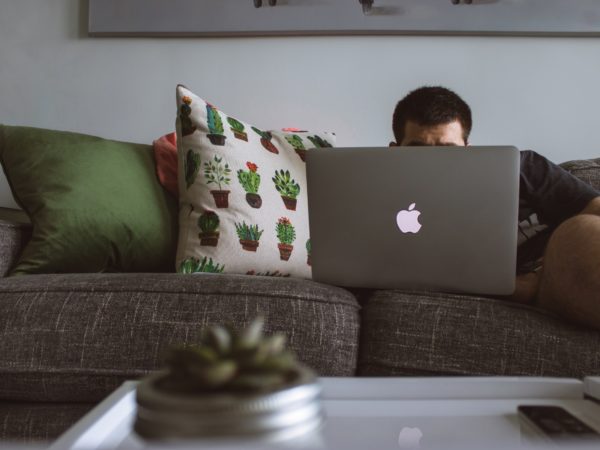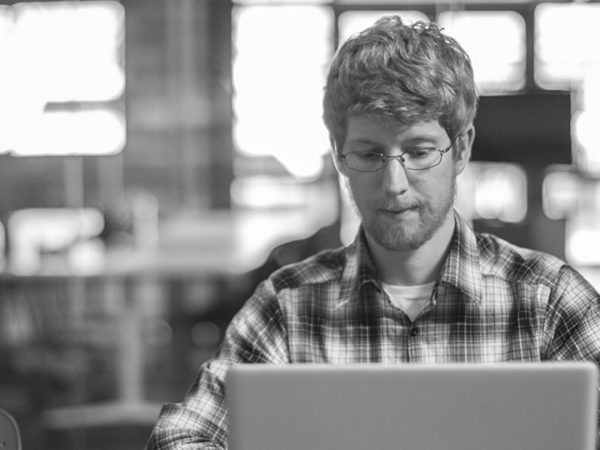
If you’re avoiding the storyboard process, it could be costing you more than you think. After 6 years of running an animation studio, I’ve learned just how essential they are to creating good videos.
Here’s the 3 main benefits you can enjoy by storyboarding your next project.
1.) It saves you time.
Creating any type of professional video has many logistics associated with it. Whether you’re producing a film, or directing an explainer video, a critical part of success is utilizing your resources wisely. Moving forward without a clear outline opens the door for miscommunication, which will require more and more meetings to keep everybody on the same page during production. This is the equivalent of going on a road trip with no map, which makes it quite difficult to discern when you’re going to get there. Storyboarding forces us to think about the best routes to take before we even start the journey.
2.) It saves you money.
With a set of storyboards you’re able to communicate clearly with talent (and clients) about where your project is headed. Before the job begins, everyone will have an idea of what will be needed to achieve the desired results. This clarity offers such a high level of efficiency, it’s almost guaranteed you’ll finish the job with less revisions. In an industry where work can cost anything from $100 per hour to $1,000’s of dollars per day; there’s much to gain by reducing the amount of changes needed in production.
3.) It improves quality.
The best part about storyboarding is that it’s going to allow you to focus all that energy that would’ve been spent on unnecessary revisions, into creative thinking and detail-oriented improvements that’ll take your project to the next level. Instead of filming a scene three different ways “just in case” you’ll be able to direct your actors in confidence, knowing exactly what part of the story you’re striving to emphasize. Rather than starting over on an animation, you’ll be adding elements of visualize interest that you wouldn’t of had time to experiment with before.
If you’re not storyboarding, I’ve got one question for you: what’s holding you back?




